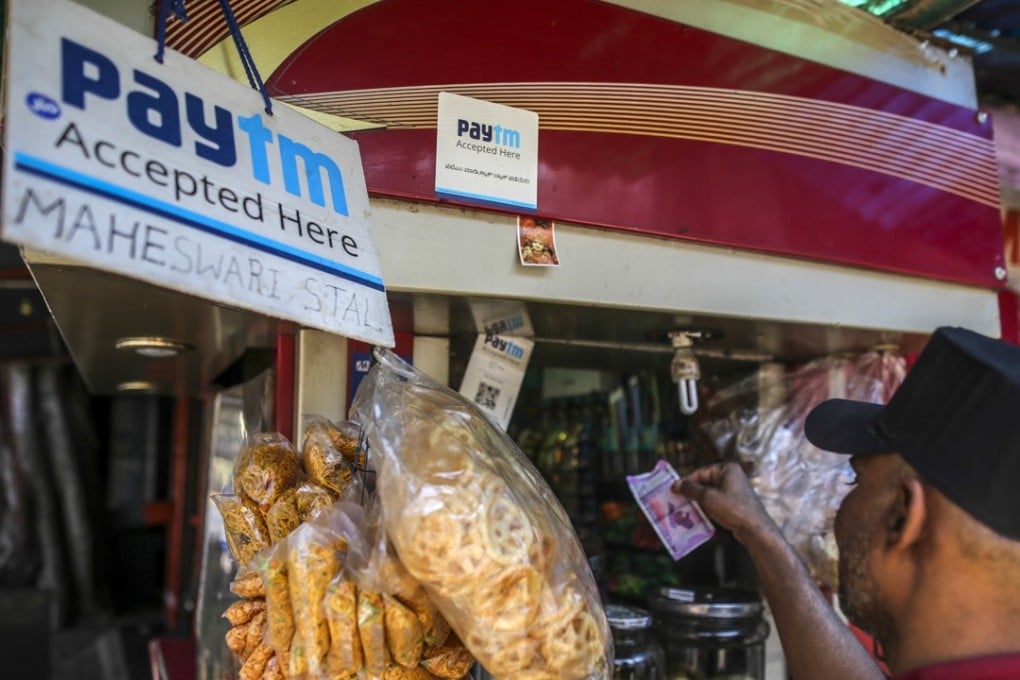Made for each other: Indian start-ups and Chinese investors
Western funding still dominates India’s start-up scene, but entrepreneurs are turning East for cash and expertise that will keep them viable in the long term

When Madhusudan Ekambaram, the co-founder of Bangalore-based KrazyBee, travelled to China for funding in 2016, it seemed clear he was going the wrong way. At the time, fundraising journeys almost always pointed Indian entrepreneurs West – he headed East.
“The decision took many by surprise,” he recalled.
Less than three years later, the landscape is markedly different. Ekambaram has raised US$13 million in investments from China, and no longer needs to defend his sense of direction.
“Now, everybody is aware of Chinese investors, and more and more Indian start-ups have gone to China,” Ekambaram said. “That has become a norm.”

Once known as the source of “dumb money” – investments that could hurt, instead of help, tech start-ups in the long-run – Chinese investors now have found many happy recipients. In India, start-ups from fintech to e-commerce to transport have all rolled out the red carpet for Chinese investors, not only for their capital but also for their successful track records in similar markets.
The same trend can be seen in Southeast Asia, a region with twice the population of the United States and one of the world’s fastest-growing economies. High-profile investments include Alibaba pouring US$1 billion in 2016 for Singapore-based online retailer Lazada Group. Didi Chuxing – together with Japan’s SoftBank – tied the knot with car-hailing peer Grab at a price of US$2 billion last year.